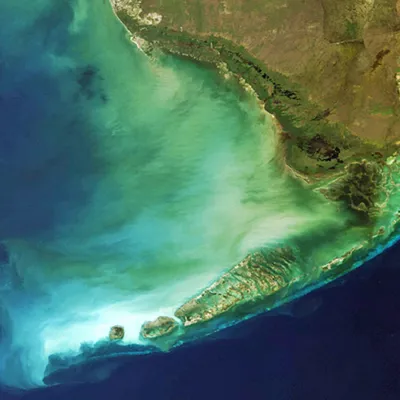
A NEW ecological crisis
The Florida reef tract is the largest barrier reef in North America and it’s in serious trouble! Over the last few decades, the reef has been dealing with the pressures of pollution, warming seas and habitat destruction.
But, now, it’s facing a NEW threat: a deadly and destructive new disease that is not yet understood by scientists. It’s an ecological crisis!
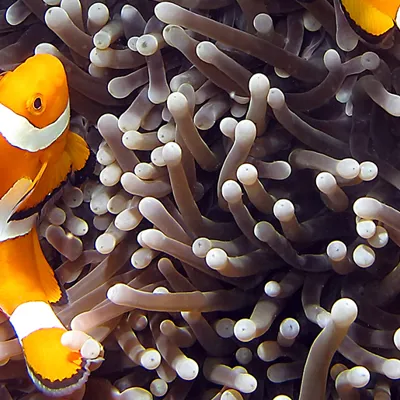
Working together
SEA LIFE Michigan and other AZA-accredited zoos and aquariums have come together to launch an important conservation program with the Florida Fish and Wildlife Conservation Commission (FWC), National Marine Fisheries Service (NMFS), The Florida Aquarium, National Park Service, NOAA Florida Keys National Marine Sanctuary (FKNMS), and the Florida Department of Environmental Protection (FDEP).
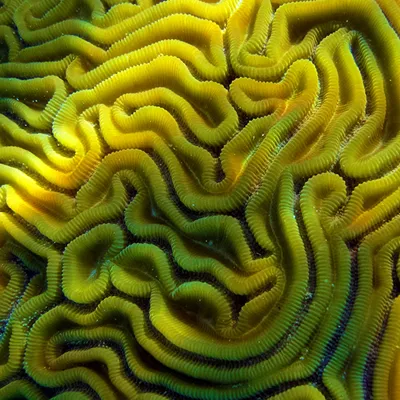
Protected corals
Here at SEA LIFE Michigan, we’re taking in rescued corals from the Florida reef tract. We’ll hold these specimens for 3-10 years so that scientists have the time to identify and understand the disease.
Once a treatment for the disease is found and we can sustain a healthy coral population in the Florida reef tract again, SEA LIFE Michigan and other aquariums and zoos around the country will send their protected corals back to Florida where they will be put back in the wild to help regrow the reef.
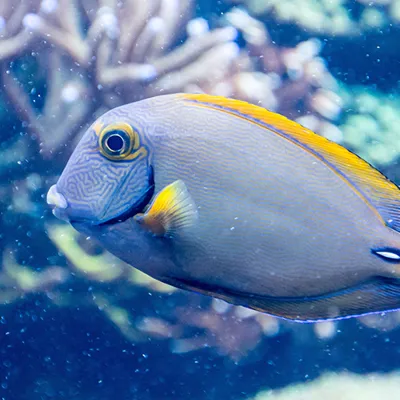
Ensuring genetic diversity
By taking and protecting these endangered corals, we can ensure the genetic health of the population and increase the odds of species survival. This is the largest project of its kind and we're so proud to be part of it.
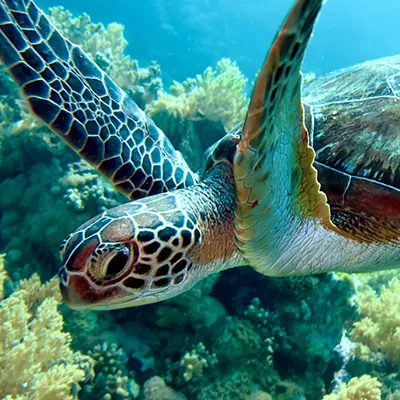
Coral reefs have global impacts
Our reefs are important not only to communities in Florida, but also here in Michigan. Their impact is global! Many Michiganders vacation in Florida and the reef acts as a protector to the coastline by dampening the effects of hurricanes. Coral reefs are also a very important part of the larger ocean food web which is where most of our seafood comes from.
Support our other conservation programs
